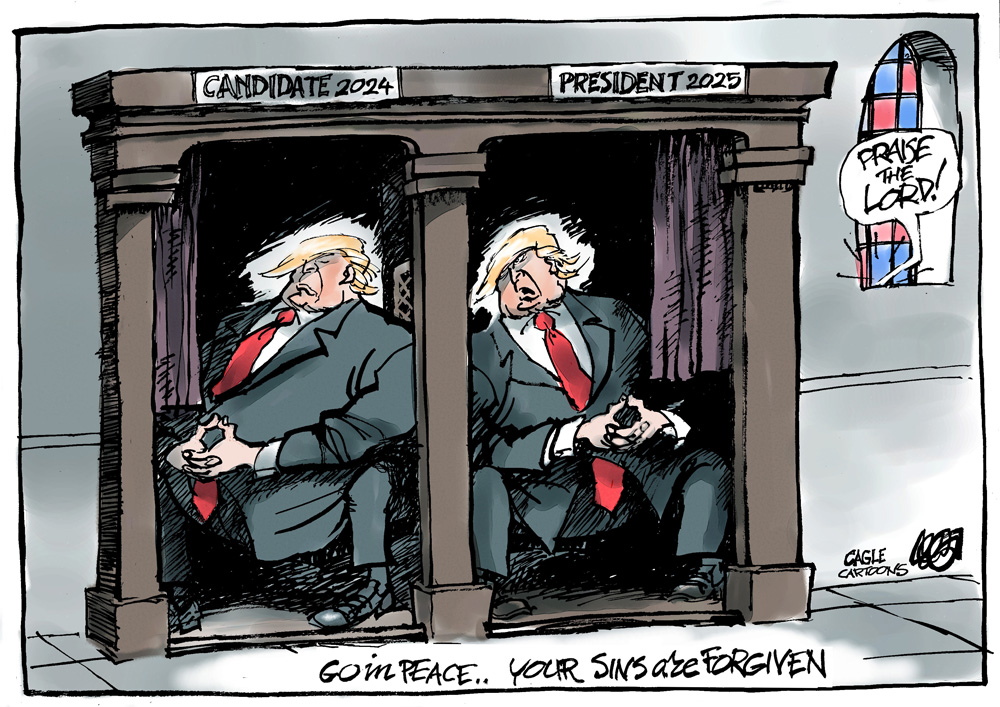
To include your event in the Briefing and Live Calendar, please fill out this form.
Weather: Mostly cloudy in the morning, then becoming partly sunny. A chance of thunderstorms. A chance of rain in the morning, then showers likely in the afternoon. Highs in the upper 70s. Northeast winds 5 to 10 mph. Chance of rain 70 percent. Sunday Night: Mostly cloudy. Showers likely with a chance of thunderstorms in the evening. Lows in the upper 50s. Northeast winds around 5 mph. Chance of rain 70 percent. See the daily weather briefing from the National Weather Service in Jacksonville here.
Today at a Glance:
Palm Coast Farmers’ Market at European Village: The city’s only farmers’ market is open every Sunday from noon to 4 p.m. at European Village, 101 Palm Harbor Pkwy, Palm Coast. With fruit, veggies, other goodies and live music. For Vendor Information email [email protected]
‘Tuck Everlasting,’ at Limelight Theater, 11 Old Mission Avenue, St. Augustine. Tickets: $22.50. Book here. 7:30 p.m., except on Sundays, when the show is at 2 p.m. What would you do if you had all eternity? Eleven-year-old Winnie Foster yearns for a life of adventure beyond her white picket fence, but not until she becomes unexpectedly entwined with the Tuck Family does she get more than she could have imagined. When Winnie learns of the magic behind the Tuck’s unending youth, she must fight to protect their secret from those who would do anything for a chance at eternal life. As her adventure unfolds, Winnie faces an extraordinary choice: return to her life, or continue with the Tucks on their infinite journey.
Al-Anon Family Groups: Help and hope for families and friends of alcoholics. Meetings are every Sunday at Silver Dollar II Club, Suite 707, 2729 E Moody Blvd., Bunnell, and on zoom. More local meetings available and online too. Call 904-315-0233 or see the list of Flagler, Volusia, Putnam and St. Johns County meetings here.
Grace Community Food Pantry, 245 Education Way, Bunnell, drive-thru open today from noon to 3 p.m. The food pantry is organized by Pastor Charles Silano and Grace Community Food Pantry, a Disaster Relief Agency in Flagler County. Feeding Northeast Florida helps local children and families, seniors and active and retired military members who struggle to put food on the table. Working with local grocery stores, manufacturers, and farms we rescue high-quality food that would normally be wasted and transform it into meals for those in need. The Flagler County School District provides space for much of the food pantry storage and operations. Call 386-586-2653 to help, volunteer or donate.
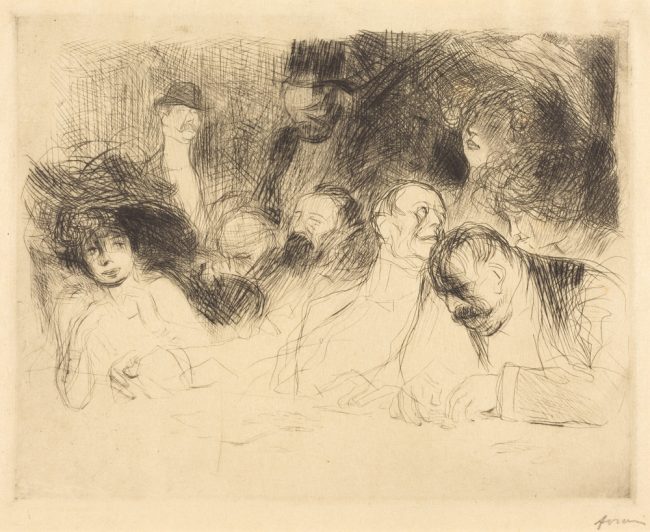
Storytime: Jean Stafford’s “The Children’s Game” first appeared as “The Reluctant Gambler” in The Saturday Evening Post in 1958. The story opens in a casino, with some of the most vividly morbid descriptions of casinos and gamblers since Dostoevsky’s “Gambler,” or James Howard Kunstler’s fabulous three pages of description of the acre-sized Trump Taj Mahal in The Geography of Nowhere. “They all make some kind of noise beeps, dings, gongs, whirs, gurgles, gleeps,” he’d written of the half-acre of slot machines, “and when you get several hundred in a room they make a lot of noise. In fact, it is something of a din, the auditory equivalent of root-canal work. The ‘grind’ of revenue they produce is aptly named.” Stafford’s Abby Reynolds is a recent widow living in Europe, who “despised the flaccid life she was living,” and who finds herself in an equally disconcerting glop of gamblers, now that her idea of gambling, gleaned from movies, was nothing like what she was seeing: “Hollywood had carelessly added an apocryphal glitter and subtracted an essential gloom.” The casino is in Knokke-le-Zoute. This is not an invented town name. It’s a Belgian resort town, famously immortalized in Brel’s “Knokke-Le-Zoute Tango” and better in “La chanson de Jacky,” and like all resort towns, it is oppressively ugly, especially “this brown and sullen den of dismal, dogged greed” (a line that evokes one from DeLillo’s White Noise about gamblers, who “had the wanness of obsession, of powerful appetites confined to small spaces.”) Some of the town’s houses “looked like buses threatening to run [her] down and houses that looked like faces with bulbous noses and brutish eyes.” (Arcimboldo’s portraits immediately came to mind.) Everything is oppressing Abby. Everything is oppressive, including her hotel room and its “wicker table with a crippled leg and a scuffed brown blotting pad and a rusty pen.” She had agreed to the trip with Hugh, as friends, this man she’d come to Knokke-Le-Zoute with, the man she and her husband had been friends with. “Once there had reached their ears some nebulous rumor of a scandal, but their affection for Hugh had safeguarded them against investigating its nature or truth.” She’d felt a brief resurgence of pleasure with him, as if the life she’d lost after her husband died had seeped back into her veins, but right after realizing that she had just fallen in love with Hugh, she also realizes he just as oppressive as everything else: “It was Hugh’s mood and her own perverseness that had caused her to fall in love with him at the very moment she saw that a future for them was plainly impossible, for she knew that the remoteness she had seen tonight was, though sporadic, constitutional, and looking back she remembered that often he had seemed suddenly to disappear, although his flesh remained, in the middle of a conversation, in the middle of a dance.” What is that remoteness? He is a gambler, addicted, entirely absorbed. She had become jealous, “But of whom?” of his gambling, even though she might as well have been that wicker table when she was near him and he was playing roulette. When he sensed that something more than friendship might have been animating her, or them, he begs her to give gambling a try, just to see what it’s like. The addict wants his own enabling to be complete. She agrees. She tries, right after he tells her something out of Gamblers anonymous: “Eventually the only need you have in the world is the need to win. You don’t need food or drink or sleep or sex- gamblers don’t sleep with their wives after they’ve been gambling, they sleep with numbers.” At that point you really wonder why she would want to try, why she wouldn’t want to just get him help and move on. But this isn’t post-traumatic therapeutic America just yet. It’s still the Eisenhower years of smoking when pregnant and gambling when rich, so when he tells her, “My masochism is extensive,” and when he tells her, “I brought you here–you asked me why I did–because I love you and I want to marry you and I know I can’t, we can’t. But I wanted you to understand,” she first says she doesn’t understand, but tries to gamble, even though “she could not decide whether he was the cruelest man… or the most pathetic.” She tries, and she feels “squalid,” and decides to go on to Ostend (also Brel-immortalized in “L’Ostendaise“) Knokke-Le-Zoute, she tells Hugh, sounds like “a children’s game.” She is alluding to his gambling, as Hugh becomes a shadow “no more palpable than the phantom ships on the dim North Sea.”
—P.T.
View this profile on Instagram
![]()
The Live Calendar is a compendium of local and regional political, civic and cultural events. You can input your own calendar events directly onto the site as you wish them to appear (pending approval of course). To include your event in the Live Calendar, please fill out this form.
January 2026
Palm Coast City Council Workshop
Community Traffic Safety Team Meeting
Flagler Beach United Methodist Church Food Pantry
St. Johns River Water Management District Meeting
Flagler County School Board Workshop: Agenda Items
Weekly Chess Club for Teens, Ages 10-18, at the Flagler County Public Library
Flagler Beach Library Book Club
Flagler County Planning Board Meeting
Random Acts of Insanity Standup Comedy
Public Safety Coordinating Council Meeting
River to Sea Transportation Planning Organization (TPO) Bicycle/Pedestrian Advisory Committee Meeting
Separation Chat: Open Discussion
The Circle of Light A Course in Miracles Study Group
For the full calendar, go here.

Belabored by a cold and sandy wind, they explored the town with the same conjugation of reaction that had made their Roman holiday a supreme contentment. It was a monstrous town. It possessed houses that looked like buses threatening to run them down and houses that looked like faces with bulbous noses and brutish eyes. They wandered, amazed, through street after street of these teratoid villas and they concluded that the architecture of Knokke-le-Zoute was unique and far more disrespectful to the eye than that of any other maritime settlement they had ever seen, worse, by far, than Brighton or Atlantic City. The principal building material seemed to be cobblestones, but they discovered a number of houses that appeared to be made of cast iron. In gardens there were topiary trees in the shape of Morris chairs and some that seemed to represent washing machines. The hotels along the sea were bedizened with every whimsy on earth, with derby-shaped domes and kidney-shaped balconies, with crenellations that looked like vertebrae and machiolations that looked like teeth, with turrets, bow-windows, dormers and gables, with fenestrations hemstitched in brick or bordered with granite point lace. Some of the chimneys were like church steeples and some were like Happy Hooligan’s hat. The cabañas, in the hot, dark haze, appeared to be public telephone booths. Even the flowers dissembled and the hydrangeas looked like utensils that belonged in the kitchen and the geraniums looked like comestibles, not altogether savory. The plazas were treeless plains of concrete where big babies sunned and schipperkes patrolled. The kiosks were the size of round houses; the trolleys, manned by garrulous grouches, made a deafening hullabaloo that was augmented by pneumatic drills which, inex-plicably, were drilling in the sand. There was an enormous smell of fish.
–From Jean Stafford’s “The Children’s Game” (1958).




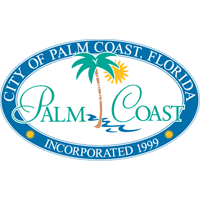
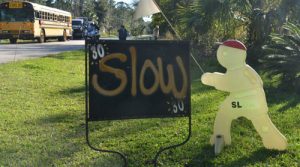
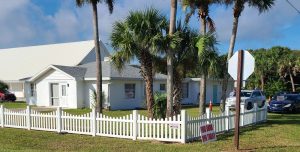


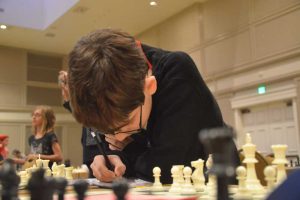
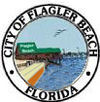
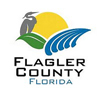





























Leave a Reply